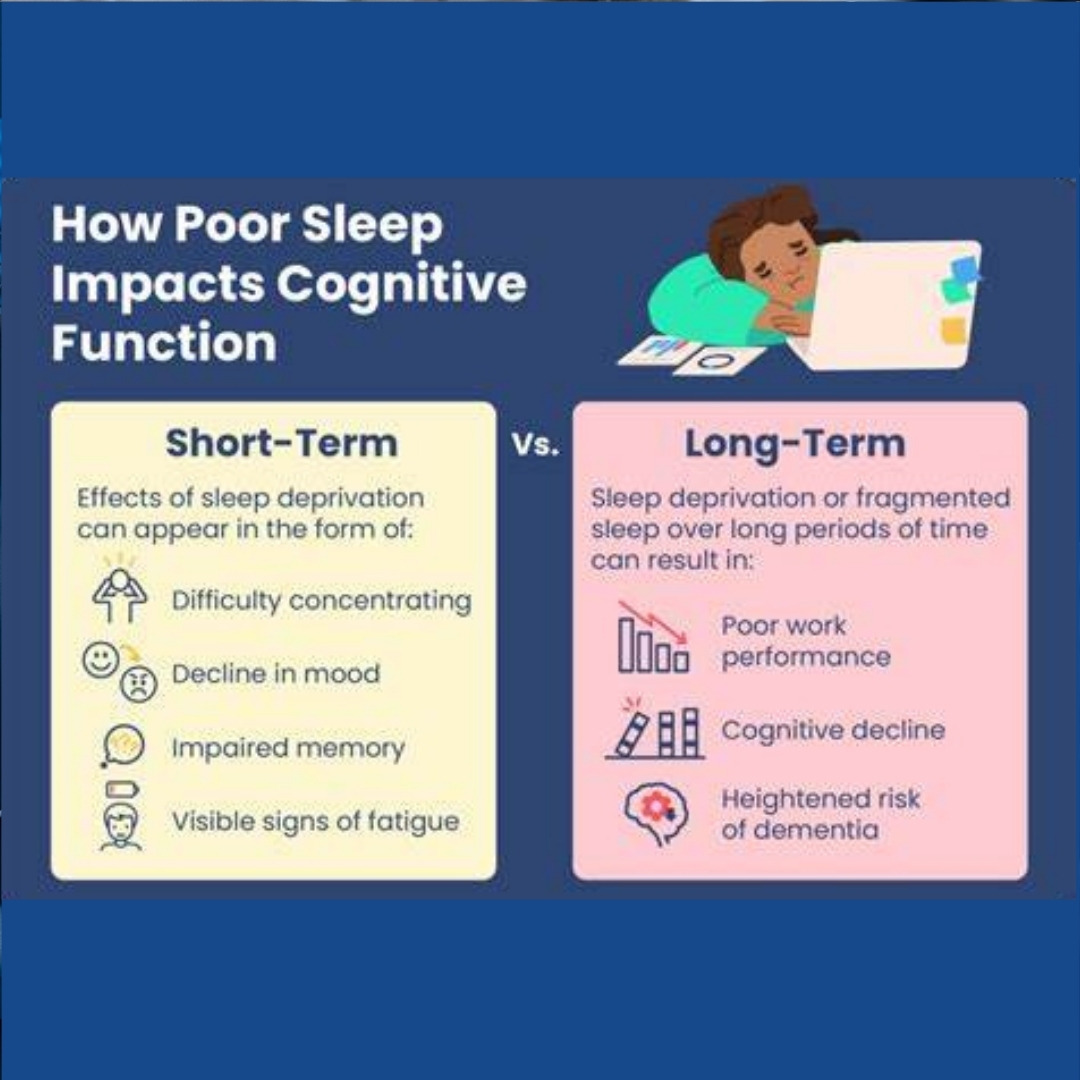Disclosure:
Thank you for reading this post, don't forget to subscribe!
Some of the links on this website are affiliate links. This means that if you click on the link and make a purchase, we may receive a small commission at no extra cost to you. Your support helps us keep the site running.Learn more on my Privacy Policy and Affiliate Disclosure page. Thank you for your support!
Do you ever feel like no matter how much you sleep, you still wake up tired? You’re not alone. Sleep is one of the most misunderstood aspects of health, and many of us fall victim to common myths that sabotage our rest. From believing you can “catch up” on sleep to thinking alcohol helps you sleep better, these misconceptions can leave you feeling groggy and unrefreshed.
But here’s the good news: by understanding the truth behind these myths, you can take control of your sleep and wake up feeling energized and ready to tackle the day. In this article, we’ll debunk 5 common sleep myths and share actionable tips to help you achieve better rest. Let’s dive in and uncover the secrets to a good night’s sleep!

READ NEXT:
Why Sleep Matters
Sleep isn’t just a luxury—it’s a necessity. According to the National Sleep Foundation, quality sleep is essential for physical health, mental clarity, and emotional well-being. Poor sleep has been linked to a host of issues, including:
- Reduced Focus and Productivity: Lack of sleep impairs cognitive function and decision-making.
- Increased Stress and Anxiety: Sleep deprivation can heighten emotional reactivity.
- Weakened Immune System: Poor sleep makes you more susceptible to illness.
- Weight Gain: Sleep affects hormones that regulate hunger and appetite.
The first step to improving your sleep is separating fact from fiction. Let’s debunk some of the most common sleep myths.
5 Common Sleep Myths Debunked
- Myth: You Can “Catch Up” on Sleep
- Truth: While sleeping in on weekends might feel refreshing, it doesn’t fully compensate for lost sleep during the week. Irregular sleep patterns can disrupt your body’s internal clock, leading to a cycle of poor sleep.
- Tip: Aim for consistent sleep and wake times, even on weekends.
- Myth: Alcohol Helps You Sleep Better
- Truth: Alcohol might help you fall asleep faster, but it disrupts the quality of your sleep, particularly REM sleep, which is crucial for memory and mood regulation.
- Tip: Avoid alcohol at least 2–3 hours before bedtime.
- Myth: Snoring is Harmless
- Truth: While occasional snoring is common, chronic snoring can be a sign of sleep apnea, a serious condition that interrupts breathing during sleep.
- Tip: If you snore regularly, consult a healthcare professional.
- Myth: Watching TV Helps You Relax Before Bed
- Truth: The blue light emitted by screens can suppress melatonin production, making it harder to fall asleep.
- Tip: Limit screen time at least an hour before bed and opt for relaxing activities like reading or listening to calming music.
- Myth: You Only Need 5 Hours of Sleep
- Truth: While some people claim to function well on little sleep, most adults need 7–9 hours of sleep per night for optimal health.
- Tip: Prioritize sleep as a non-negotiable part of your daily routine.
How to Improve Your Sleep: 5 Actionable Tips
- Create a Bedtime Routine
- Wind down with calming activities like reading, journaling, or taking a warm bath.
- Optimize Your Sleep Environment
- Keep your bedroom cool, dark, and quiet. Invest in a comfortable mattress and pillows.
- Limit Caffeine and Heavy Meals Before Bed
- Avoid caffeine after 2 PM and heavy meals at least 2–3 hours before bedtime.
- Practice Relaxation Techniques
- Try deep breathing, meditation, or gentle yoga to calm your mind before bed.
- Get Regular Exercise
- Physical activity can improve sleep quality, but avoid intense workouts close to bedtime.
| 5 Tips for Better Sleep | Steps |
|---|---|
| 1. Create a Bedtime Routine | – Develop a relaxing pre-sleep ritual (e.g., reading, meditation). |
| 2. Limit Screen Time | – Avoid screens (phones, tablets, TVs) at least 1 hour before bed. |
| 3. Maintain a Consistent Schedule | – Go to bed and wake up at the same time every day, even on weekends. |
| 4. Optimize Your Sleep Environment | – Keep your bedroom cool, dark, and quiet. Consider using blackout curtains and a white noise machine. |
| 5. Avoid Caffeine and Heavy Meals Before Bed | – Refrain from consuming caffeine or large meals 2-3 hours before bedtime. |
Expert Insight
According to the American Academy of Sleep Medicine, consistent sleep habits and a relaxing bedtime routine are key to improving sleep quality. Small changes, like reducing screen time and creating a comfortable sleep environment, can have a big impact.
Links to Explore
- For more tips on mindfulness and relaxation, check out our guide to Morning Mindfulness Practices.
- If you’re struggling with stress, our article on Stress Management Techniques can help.
RECENT POST:
Now that you know the truth behind common sleep myths, it’s time to take action! Start by implementing one or two of the tips shared in this article. Whether it’s creating a bedtime routine or limiting screen time, every small step counts.
Your Turn: Which sleep myth surprised you the most? What’s one change you’ll make to improve your sleep? Share your thoughts in the comments below—we’d love to hear from you!
And if this article inspired you, don’t keep it to yourself. Share it with a friend or family member who could use a little sleep wisdom. Together, we can create a community of well-rested, energized individuals.
For more tips on wellness, mindfulness, and living your best life, explore Morningscape Mindset Media and subscribe for regular updates. Let’s unlock the power of better sleep—one night at a time.
MORE ABOUT:
HEALTH / WELLNESS / FITNESS / NUTRITION
SHARE THIS ARTICLE

















